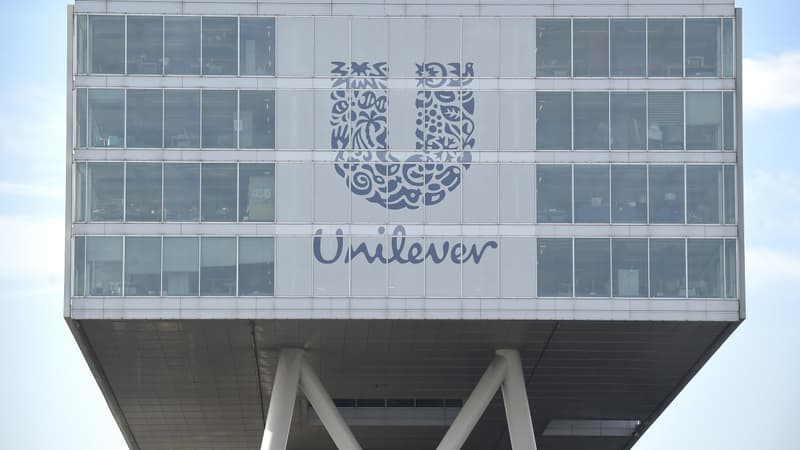Unilever assumes its controversial position. For almost a year and a half, the Anglo-Dutch group has been under fire for its decision to continue its activities in Russia after the invasion of Ukraine.
The company, owner of several brands such as Cornetto ice cream or Dove soaps, has just added a layer through a letter addressed to the B4Ukraine group in which it declares to comply with the Russian law on compulsory military service. Concretely, this means that the 3,000 or so Russian employees at its four local production sites could be sent to war in the Ukraine if called upon.
In this letter made public by the BBC, however, Unilever reaffirms its opposition to the Russian-Ukrainian conflict:
Operation punch in front of London headquarters
The group justifies the continuation of its activities in Russia in that “it is not easy to get out” and “both to avoid the risk that our activities fall into the hands of the Russian state, directly or indirectly, and to contribute to the protection of our personnel”.
The importance attached to the well-being of staff, as Reginaldo Ecclissato, Unilever’s head of commercial operations and supply chain, recalled to the guardian“We continue to run our business in Russia in accordance with our global principles, including the safety and well-being of our employees.”
A security argument that the Ukraine Solidarity Project (USP) campaign group does not like, according to the recent tweet of one of its representatives, Valeriia Voshchevska: “If that is protecting your workers, I would not like to see what it is like to put them in danger. And what about innocent Ukrainian civilians?”
In early July, USP staged a protest against Unilever by erecting a giant billboard outside the group’s London headquarters featuring photos of wounded Ukrainian soldiers posing Dove-style along with the slogan: “Help fund Russia’s war in Ukraine.”
Placed on the list of war sponsors, together with the French group Leroy Merlin, Unilever indicated in its letter to B4ukraine that it had paid more than 33 million pounds sterling in taxes to the Russian State in 2022, approximately the same as in 2021. The company had previously declared that imports and exports of its products to and from Russia had been of capital that involved the country.
Source: BFM TV


